Author: Sudeshna Ghosh
Introduction to Pharmaceutical Market Segmentation
As traditional healthcare business models encounter challenges from fragmented markets and shifting decision-making authority from physicians to healthcare administrators, effective segmentation becomes essential. By tailoring products and marketing strategies to specific patient populations, pharmaceutical companies can better understand diverse needs and enhance product relevance. This strategic approach optimizes resource allocation and improves engagement and health outcomes, making market segmentation a key component of success in today’s competitive landscape.
In this article, we will discuss the critical role of pharmaceutical market segmentation in the pharmaceutical industry, particularly due to rising healthcare costs and the demand for affordable solutions.
Current Challenges in the Pharmaceutical Industry

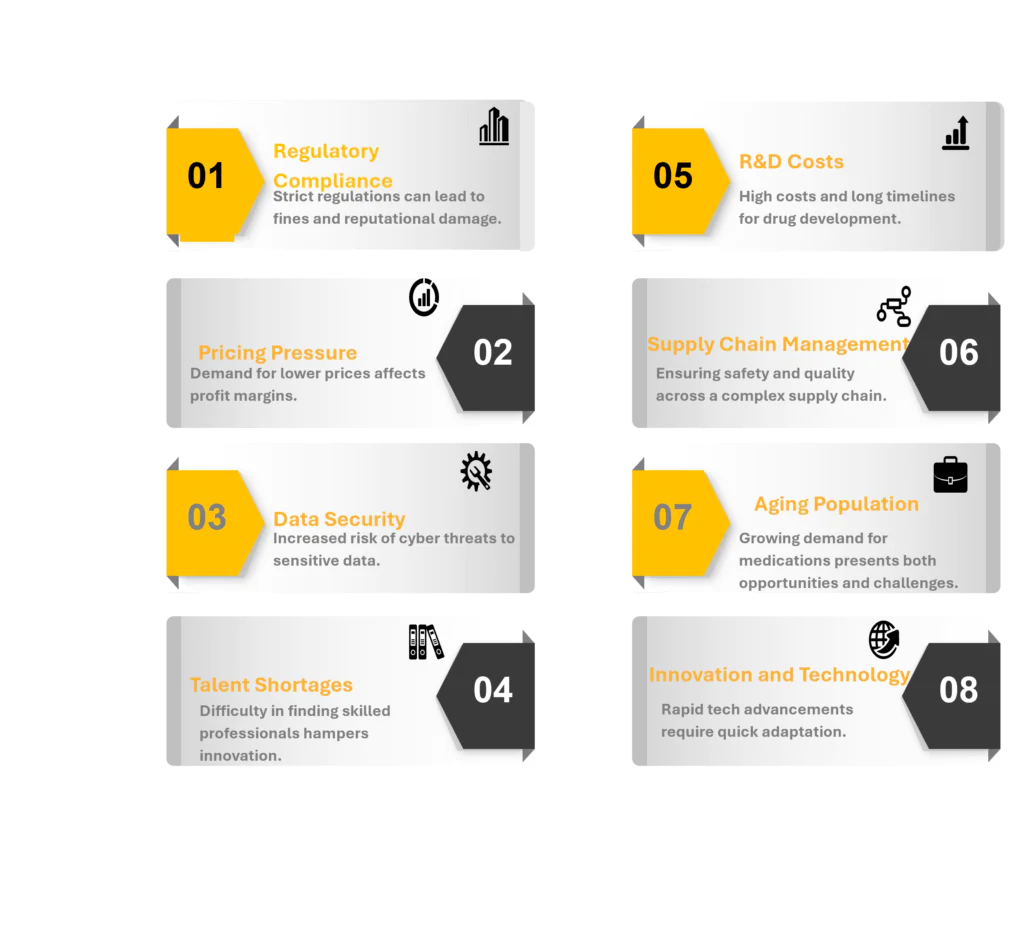
Importance of Customer Experience in Pharmaceuticals

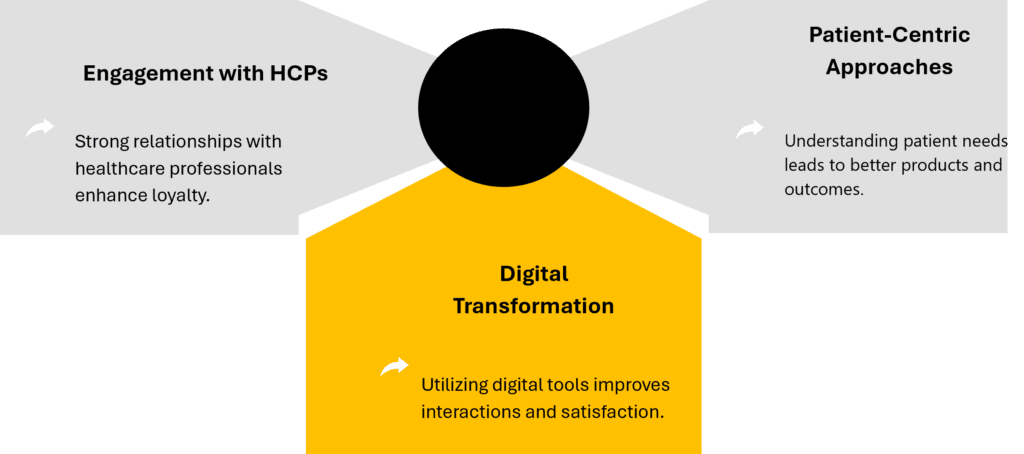
What is Market Segmentation?
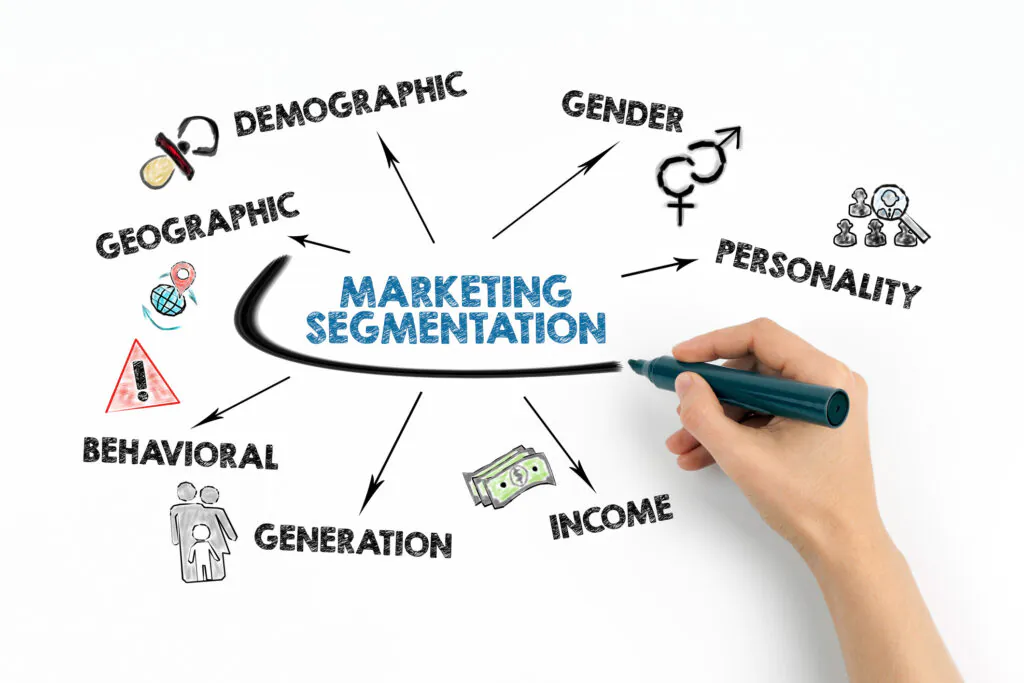
Market segmentation is the process of segregating a market of potential customers into segments, or groups, based on various characteristics. The segments created to consist of customers who will respond similarly to marketing strategies and who share traits such as similar needs, interests, or locations. The sole objective of the market segmentation process is to be able to design a marketing strategy, mix or program that matches, and is as impactful as possible, for each specific segment.
What are the Different Types of Market Segmentation?
Market segmentation is a crucial strategy that allows businesses to tailor their offerings to specific groups of consumers, enhancing relevance and engagement. Different types of market segmentation include:

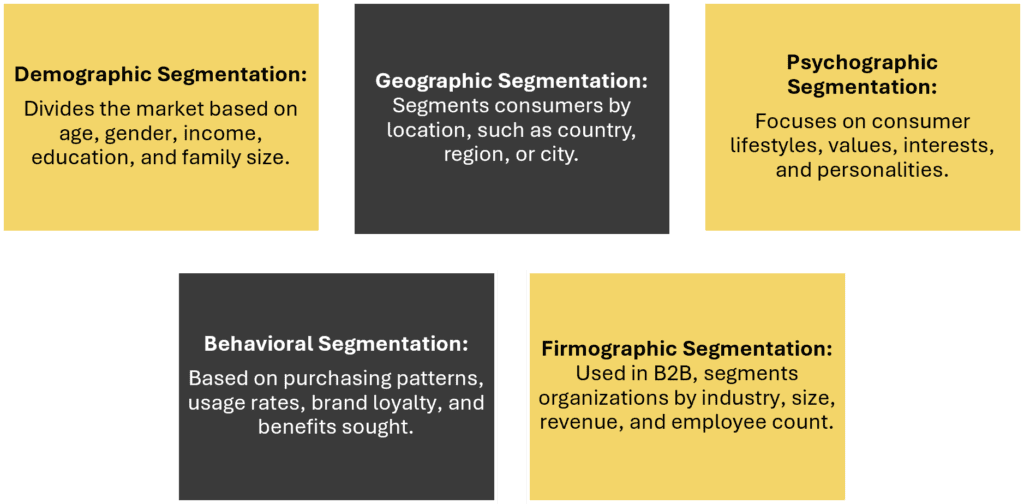
What are the Benefits of Pharmaceutical Market Segmentation?
Market segmentation offers several key benefits that enhance a company’s effectiveness and competitiveness in the marketplace. Some of these benefits include:

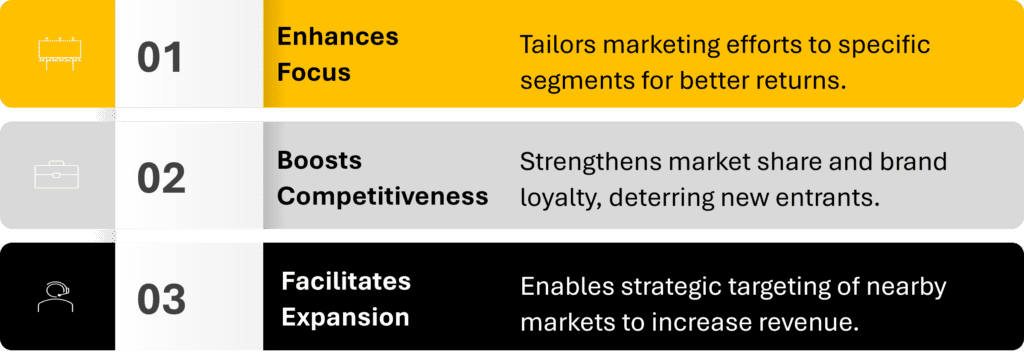
Pharmaceutical Market Segmentation Strategies: Tick the Checklist
A good market segmentation strategy should be measurable, clearly identifiable, easily accessible, durable, and demonstrate distinct responses to marketing efforts.

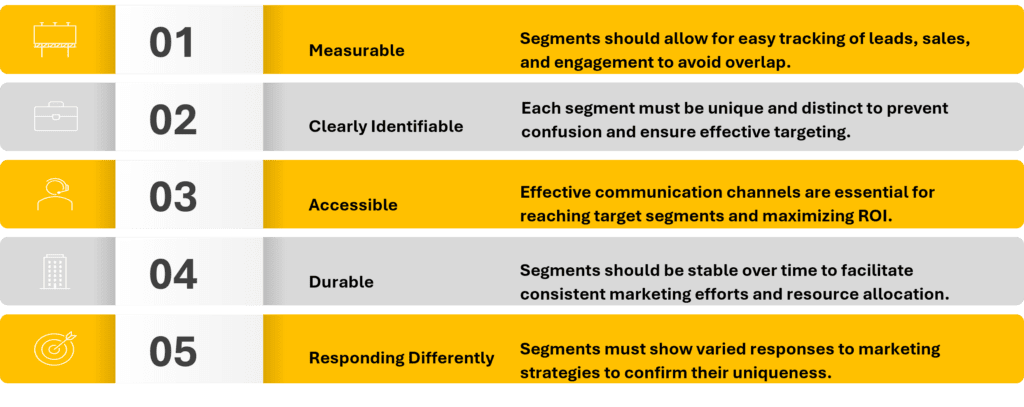
How can Market Segmentation Help Pharmaceutical Companies?
To effectively engage with physicians and patients, pharmaceutical companies must adopt a customer-focused approach, and market segmentation offers several key advantages:

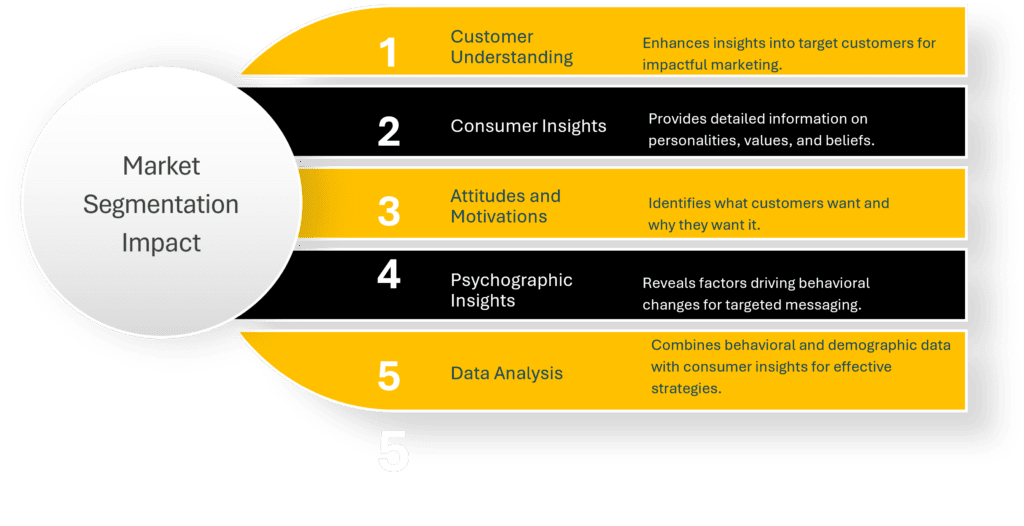
Case Studies and Real-World Examples
| Case Study | Segmentation Strategy | Impact on Customer Experience and Business Outcomes | Lessons Learned |
|---|---|---|---|
| Zara | Targets fashion-forward millennials with a focus on trendy, affordable clothing. | Enhanced personalization and increased sales through a fast-fashion model that keeps inventory fresh. | Data-driven decisions are crucial; continuous refinement is necessary to adapt to market changes. |
| Apple | Launched iPhone 5C to attract budget-conscious consumers while maintaining appeal to high-end customers. | Increased sales by appealing to diverse consumer segments, enhancing brand loyalty and market share. | Overgeneralization can lead to ineffective strategies; understanding customer needs is vital. |
| Wondercide | Re-engaged high-value customers through personalized direct mail campaigns. | Boosted customer retention and satisfaction by delivering tailored marketing messages. | Personalization can significantly improve customer engagement; neglecting evolving preferences can backfire. |
| Mountain Khakis | Targeted female gift-buyers during the holiday season to increase sales and engagement. | Increased sales through targeted marketing efforts that resonated with specific consumer segments. | Identifying and focusing on niche markets can yield substantial results; flexibility in strategy is key. |
Conclusion
In conclusion, market segmentation is crucial for the pharmaceutical industry, enabling companies to tailor their strategies to specific segments and achieve better market penetration. By employing demographic segmentation, psychographic segmentation, behavioral segmentation, and geographic segmentation, pharmaceutical companies can effectively address diverse patient needs and preferences. These strategic approaches allow for more precise targeting, enhancing marketing efforts and ultimately improving patient outcomes.
Still, want to know more about market segmentation and how it can help companies build robust route-to-market strategies? We’d love to help! Request a free brochure to learn more about our solutions.


